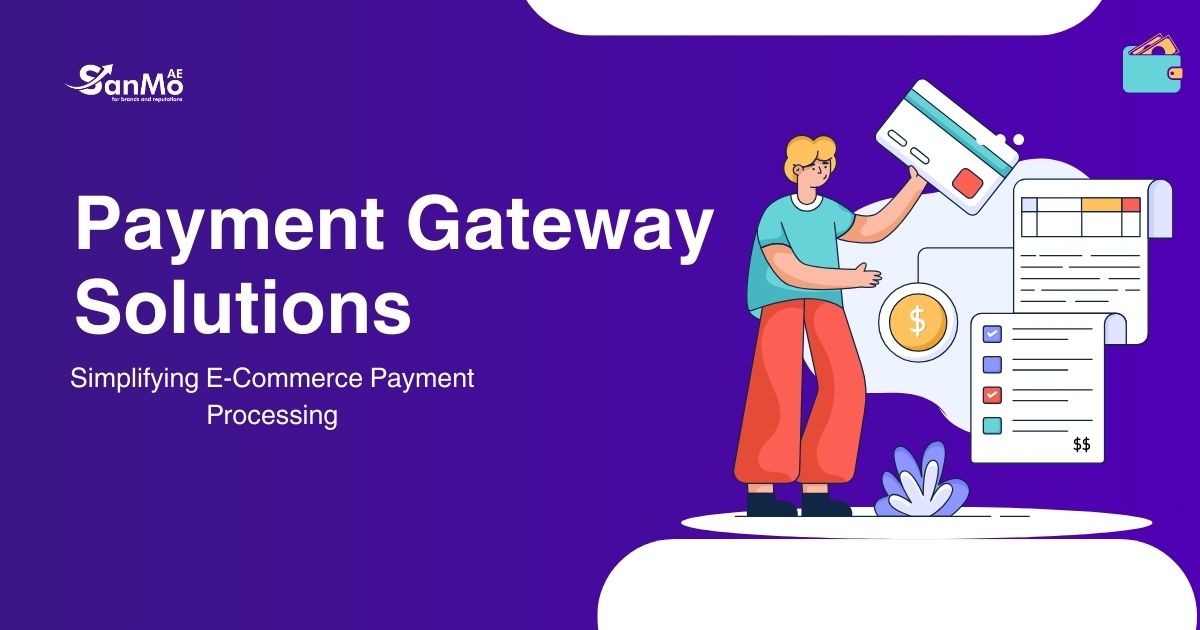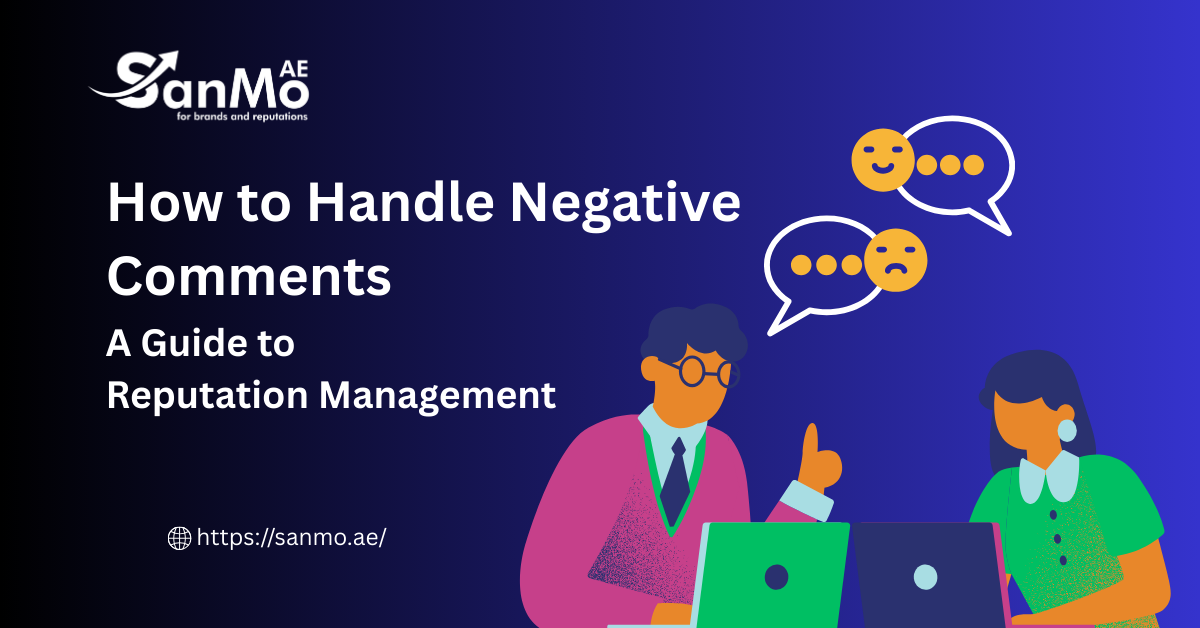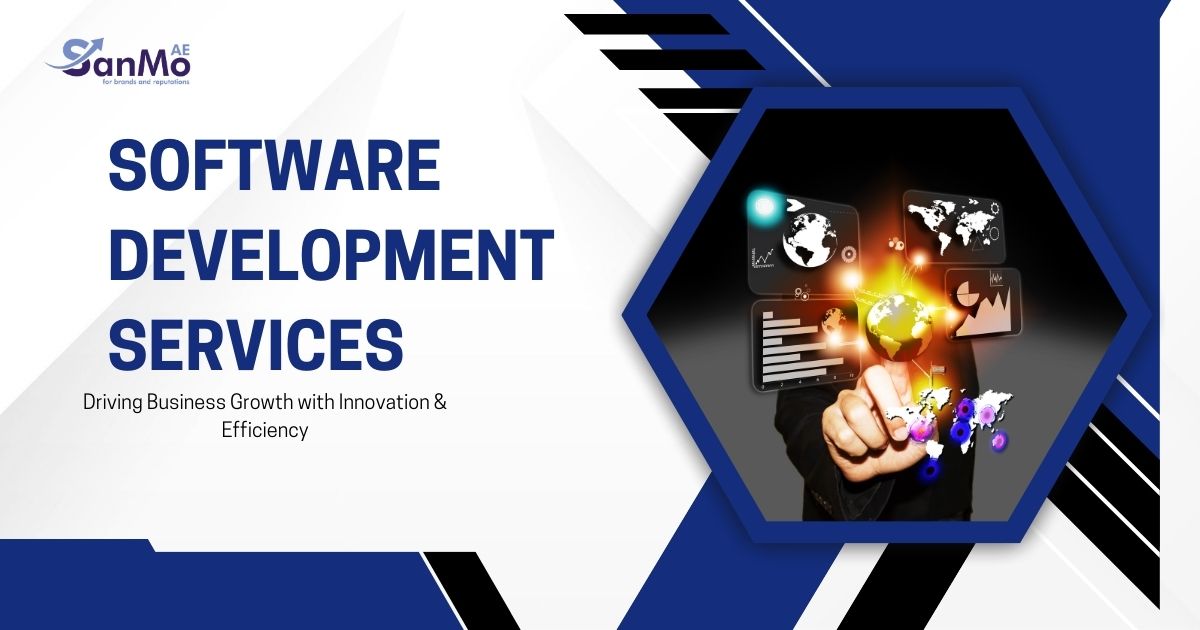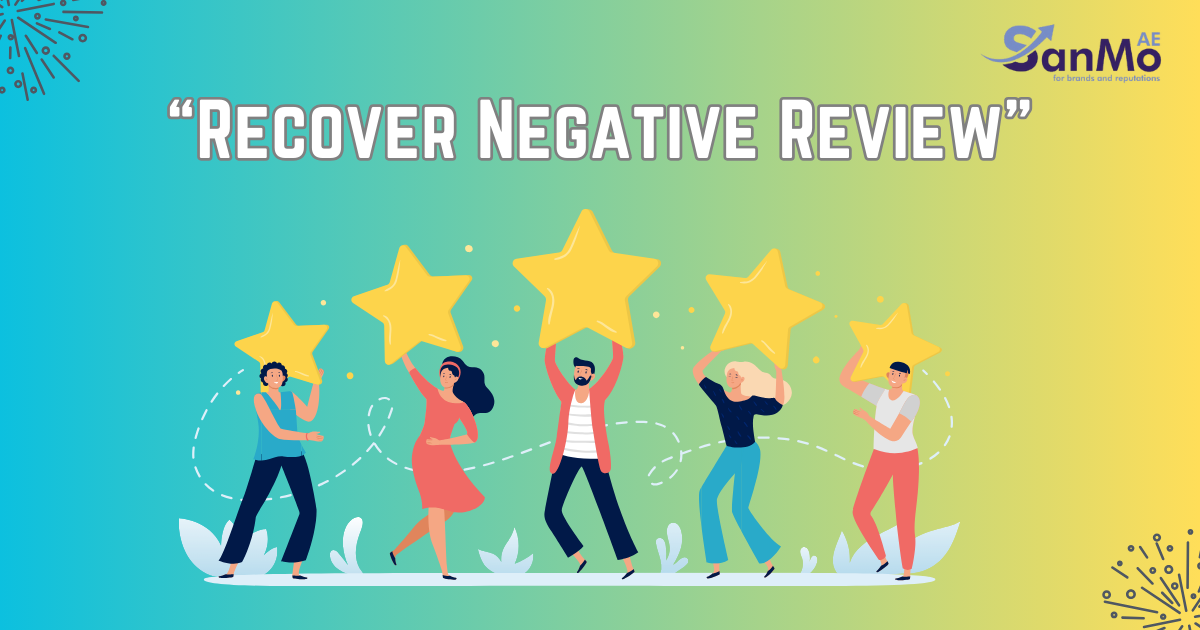Every online transaction tells a story. Behind each successful purchase lies a sophisticated network of technology that most customers never see—payment gateway solutions that can make or break your business’s financial success.
Payment gateway solutions serve as the invisible bridge between your customers’ payment information and your bank account. They encrypt sensitive data, verify transactions, and ensure money flows securely from buyer to seller. But choosing the right payment gateway involves more than just enabling transactions. The right solution can reduce cart abandonment, expand your global reach, and have a significant impact on your bottom line.
This comprehensive guide examines how payment gateway solutions work, identifies the key features, and provides guidance on selecting the best option for your business needs.
What Are Payment Gateway Solutions?
Payment gateway solutions are technology platforms that facilitate online transactions by securely transmitting payment information between customers, merchants, and financial institutions. They act as digital intermediaries, encrypting sensitive data like credit card numbers and bank account details before routing them through the appropriate channels for authorization and processing.
When a customer clicks “buy now” on your website, the payment gateway springs into action. It captures the payment information, encrypts it using advanced security protocols, and sends it to the acquiring bank for verification. Within seconds, the gateway receives approval or denial and communicates the result back to both you and your customer.
Modern payment gateway solutions go beyond basic transaction processing. They offer features like fraud detection, multi-currency support, recurring billing capabilities, and detailed analytics to help businesses optimize their payment processes.
Key Features That Define Quality Payment Gateways
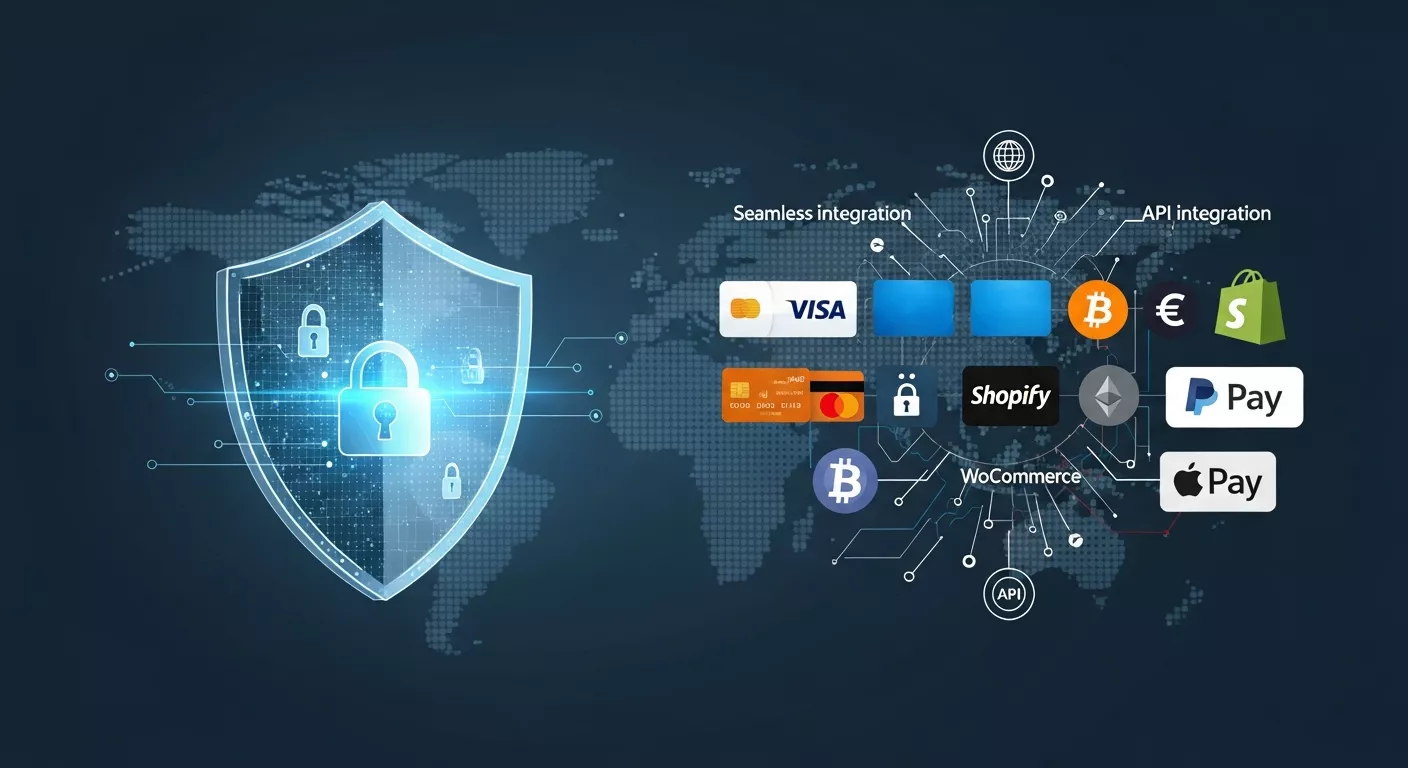
Security and Compliance
Security stands as the foundation of any reliable payment gateway solution. Look for PCI DSS (Payment Card Industry Data Security Standard) compliance, which ensures the platform meets strict security requirements for handling cardholder data. Advanced encryption, tokenization, and SSL certificates protect sensitive information during transmission.
Fraud detection tools analyze transaction patterns in real-time, flagging suspicious activities before they can harm your business. Machine learning algorithms continuously improve these systems, adapting to new fraud techniques as they emerge.
Multiple Payment Methods
Today’s consumers expect flexibility in how they pay. Quality payment gateway solutions support various payment methods, including credit cards, debit cards, digital wallets like PayPal and Apple Pay, bank transfers, and emerging options like cryptocurrency.
The more payment options you offer, the wider your potential customer base becomes. Different demographics prefer different payment methods, and accommodating these preferences can significantly reduce cart abandonment rates.
Global Reach and Currency Support
If you serve international customers, multi-currency support becomes essential. Payment gateway solutions with global capabilities allow customers to pay in their local currency while automatically converting funds to your preferred currency.
Some gateways also handle international compliance requirements, managing tax calculations and regulatory requirements across different countries. This feature proves invaluable for businesses expanding into new markets.
Integration Capabilities
Your payment gateway should integrate seamlessly with your existing business systems. Whether you use Shopify, WooCommerce, custom-built platforms, or enterprise solutions, compatibility determines how smoothly your payment processes will operate.
APIs (Application Programming Interfaces) enable custom integrations, allowing developers to create tailored payment experiences that match your brand and business requirements.
Types of Payment Gateway Solutions
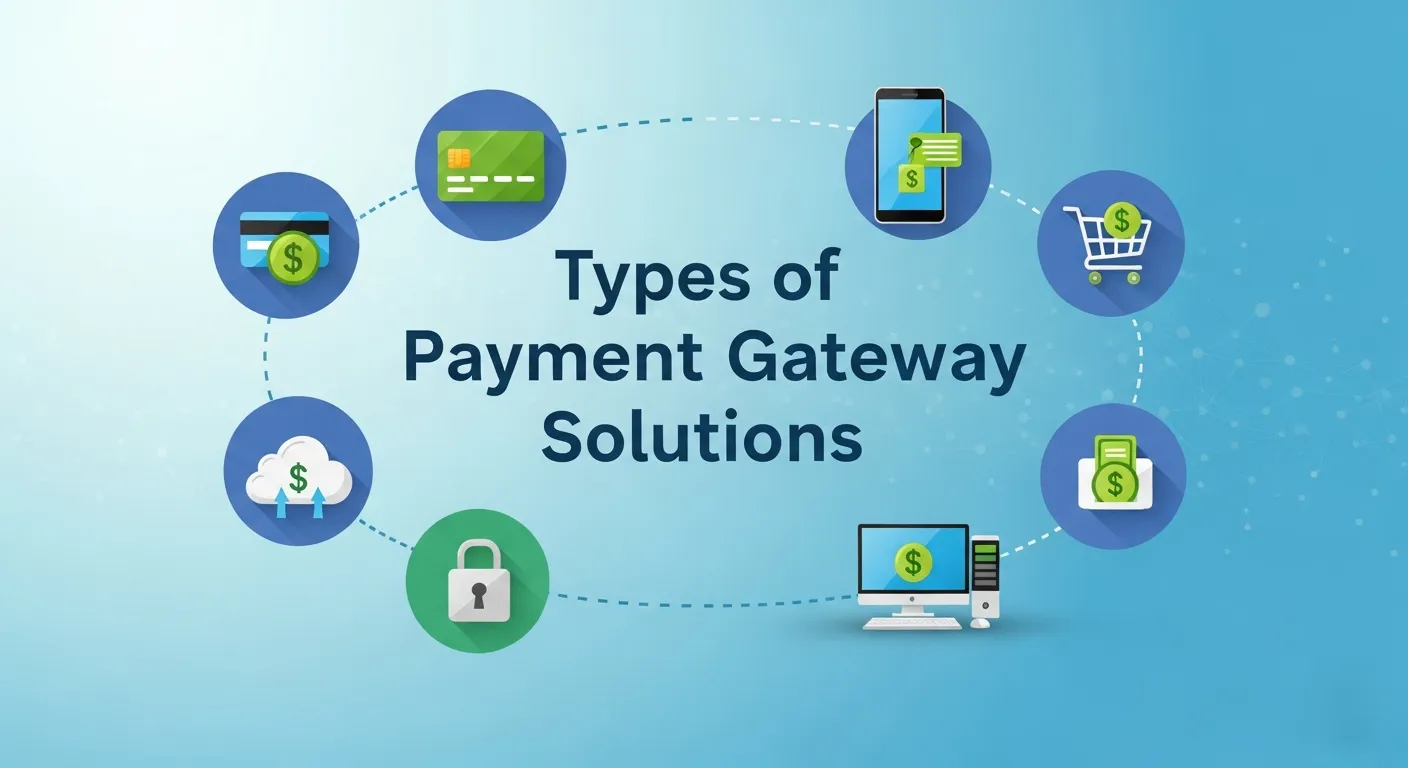
Hosted Payment Gateways
Hosted gateways redirect customers to a secure payment page managed by the gateway provider. PayPal is a common example—customers leave your site temporarily to complete their payment before returning.
This approach simplifies PCI compliance since sensitive payment data never touches your servers. However, the redirect can disrupt the user experience and may appear less professional to some customers.
Self-Hosted Gateways
Self-hosted solutions allow customers to complete payments without leaving your website. You collect payment information on your own pages before securely transmitting it to the gateway for processing.
While this approach provides better branding control and user experience, it requires strict PCI compliance on your part since you’re handling sensitive payment data directly.
API-Hosted Gateways
API-hosted gateways combine the benefits of both approaches. Customers remain on your site throughout the payment process, but the gateway handles the sensitive data collection through secure APIs.
This option offers the best user experience while maintaining security standards, making it popular among businesses that prioritize both conversion rates and compliance.
Choosing the Right Payment Gateway Solution

Consider Your Business Model
The payment gateway solution you choose should align with the specific needs of your business model. Different industries have different requirements, so it’s important to evaluate which features are essential for your operations.
-
E-commerce Stores:
For businesses that sell physical or digital products online, your gateway must have robust shopping cart integration. The ability to securely and seamlessly connect with platforms like Shopify, WooCommerce, or Magento is crucial for a smooth user experience. Additionally, multiple payment options (credit cards, digital wallets, etc.) are essential to meet the preferences of different customers and reduce cart abandonment. E-commerce businesses also benefit from features like fraud prevention tools to detect and block suspicious transactions. -
Subscription-Based Businesses:
If your business operates on a subscription model, you need a payment gateway that can handle recurring billing. This feature ensures that customers are charged automatically on a regular basis (e.g., monthly or annually) without requiring manual intervention. You should also look for automated retry logic to handle failed payments, ensuring continuity of service and reducing churn. Moreover, tools that support usage-based billing—charging customers based on how much they use—are key for businesses offering services like cloud storage or software access. -
Service-Based Businesses:
Service providers (like consultants or personal trainers) may not require an extensive shopping cart system but may need features like invoice payment capabilities. The ability to send professional, customizable invoices that customers can pay easily (often through a direct payment link) is crucial. Mobile optimization is also important, especially for businesses that offer on-the-go services or work with clients in the field. Having a mobile-friendly payment gateway ensures customers can pay via their smartphones or tablets. -
SaaS (Software as a Service) Companies:
SaaS businesses often deal with usage-based billing and proration, where customers pay based on their consumption (e.g., number of users, storage usage, etc.). The ability to automatically adjust pricing when users upgrade, downgrade, or cancel their subscriptions is essential. Additionally, SaaS businesses may need free trial management features and tools to manage customer upgrades or downgrades seamlessly.
Evaluate Fees and Pricing Structure
When choosing a payment gateway, the pricing structure is one of the most important factors to consider, as fees can significantly impact your profit margins.
-
Transaction Fees:
Payment gateways typically charge a percentage-based fee (1.5% to 3.5% of each transaction). For example, a 2.9% fee on a $100 sale would cost you $2.90. It’s important to account for these fees when pricing your products or services. Additionally, many gateways have fixed transaction fees ranging from $0.10 to $0.30 per transaction. Depending on your sales volume, these fixed fees can add up. -
Monthly Fees:
Some payment gateways charge a monthly subscription fee for access to their platform. This can range from $10 to $50 per month for basic plans, or higher for premium services with additional features like fraud detection, multi-currency support, or advanced reporting. -
Setup and Integration Costs:
Depending on the complexity of the integration and the type of gateway you choose, you may incur setup or integration fees. If you need custom development work to integrate the payment gateway with your platform, this can incur a high additional cost. Some providers, however, offer free setup for simple integrations, particularly for businesses using standard e-commerce platforms. -
Chargeback Fees:
If a customer disputes a transaction and a chargeback occurs, payment gateways often charge a chargeback fee (usually around $20 to $30). These fees can add up quickly if your business experiences a high number of chargebacks, so it’s crucial to evaluate the fraud protection tools offered by your gateway to minimize this risk.
Assess Technical Requirements
The technical requirements of a payment gateway can vary widely depending on your platform and team resources. It’s important to evaluate these aspects to ensure that the gateway integrates smoothly with your existing systems.
-
Ease of Integration:
Some payment gateways are designed to be plug-and-play, offering pre-built integrations with popular platforms like Shopify, WooCommerce, or Magento. These solutions are perfect for businesses with limited technical resources, as they can be set up quickly without requiring extensive development work. -
Custom Integrations:
If your business uses a custom-built platform, you may need a more flexible solution that provides API access for deeper integrations. APIs (Application Programming Interfaces) allow your developers to create custom workflows and payment processes that align with your business needs. Be sure to evaluate the quality of API documentation and support provided by the gateway. -
Technical Support:
Some payment gateways offer comprehensive documentation, developer resources, and even sandbox environments for testing. If your team lacks technical expertise, prioritize gateways with strong customer support, including tutorials, guides, and dedicated technical assistance.
Review Customer Support
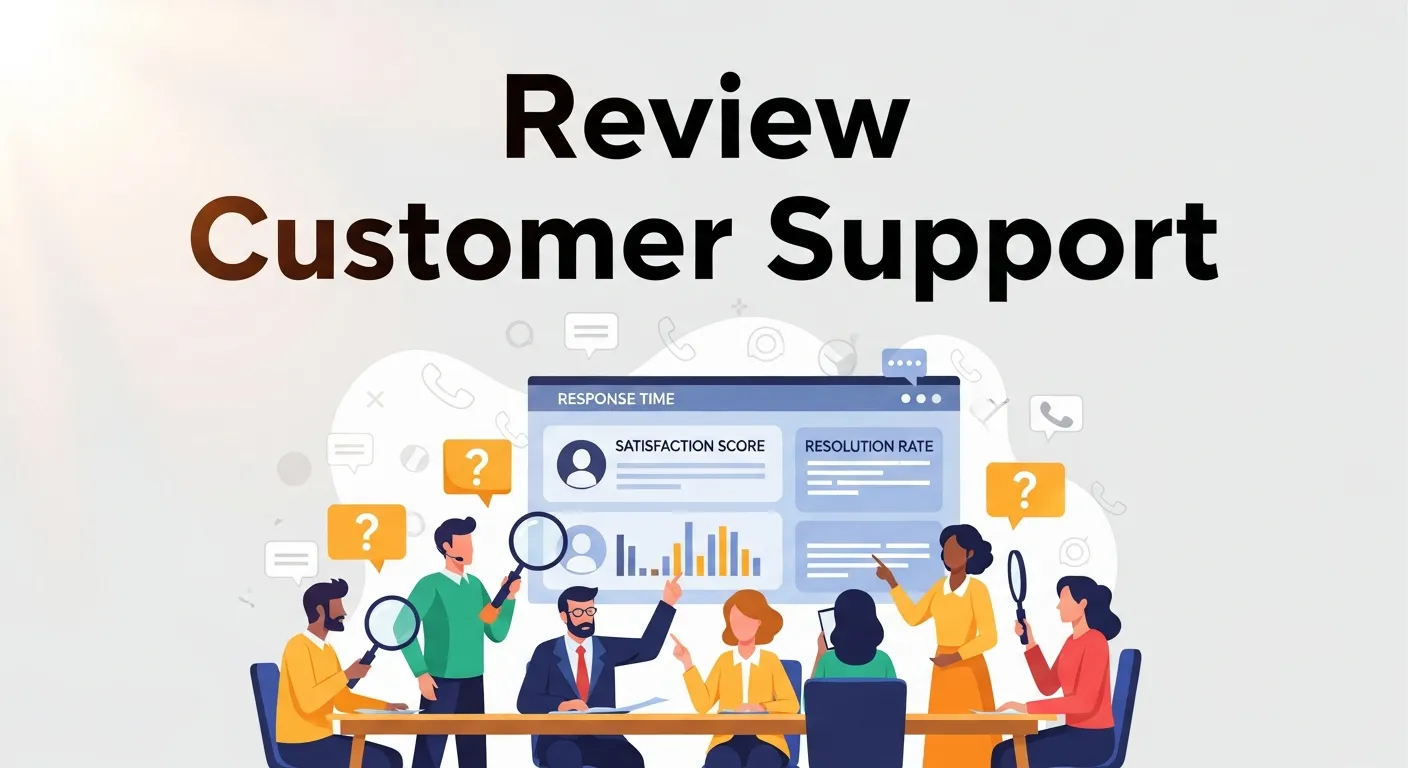
When it comes to payment processing, issues can arise at any time. The quality of customer support you receive can directly impact your business operations.
-
24/7 Availability:
Payment issues often arise outside of regular business hours, so it’s crucial to choose a gateway that offers 24/7 support. Look for gateways that provide multiple support channels, such as phone support, live chat, and email, and test their responsiveness during your evaluation period. -
Response Time and Resolution:
Quick and effective resolution of issues is key. A delayed response or unresolved issue can result in lost sales or frustrated customers. Make sure the gateway provider offers a clear escalation process for urgent problems and that their customer support team is well-equipped to handle complex payment-related queries.
Implementation Best Practices
Optimize the Checkout Experience
An optimized checkout process can significantly improve conversion rates by reducing cart abandonment and improving customer satisfaction.
-
Simplify Checkout:
Reduce friction in the checkout process by limiting the number of fields customers must fill out. A guest checkout option is critical, as forcing customers to create accounts can cause frustration and lead to abandonment. -
Security Indicators:
Clearly display security badges, such as SSL certificates and PCI DSS compliance logos, to reassure customers that their payment information is safe. -
Mobile Optimization:
More customers are shopping via mobile devices, so ensuring that your payment gateway is mobile-friendly is essential. Test the checkout process across various devices to ensure a seamless experience.
Monitor Performance Metrics
Regularly monitor the performance metrics of your payment gateway to identify issues and improve your processes.
-
Transaction Success Rates:
Track the success rate of transactions to ensure that payments are being processed smoothly. A high decline rate may indicate issues with your payment gateway, which could lead to lost revenue. -
Processing Times:
Analyze how long it takes to process payments, from the moment a customer clicks “Buy Now” to when the transaction is completed. Delays in processing can negatively impact the customer experience and may increase cart abandonment rates. -
Decline Reasons:
Keep track of the reasons for declined transactions. Understanding the cause can help you troubleshoot issues or identify fraudulent activity.
Plan for Scalability
As your business grows, so will your payment processing needs. It’s important to choose a payment gateway that can scale with your business.
-
Transaction Volume:
Consider how much you anticipate your transaction volume will grow in the next 1-3 years. Choose a payment gateway that offers flexible pricing models, so you don’t end up paying higher fees as your sales increase. -
International Expansion:
If you’re planning to expand internationally, make sure your payment gateway supports multi-currency transactions and complies with international regulations. -
Enterprise Features:
Look for payment gateways that offer enterprise-level features that can scale as your business grows, such as advanced reporting, fraud prevention, and API access for custom integrations.
Making Payment Processing Work for Your Business
The right payment gateway solution is more than just a technical tool; it’s a strategic asset that can enhance your business’s growth, customer satisfaction, and profitability. Focus on choosing a gateway that fits your specific business needs, and make sure to continually optimize the implementation and performance to maximize its benefits.
By clearly defining your business requirements, evaluating potential payment gateway providers, and carefully monitoring their performance, you can create a streamlined payment processing system that supports your business growth and improves the overall customer experience.
Ready to Find the Perfect Payment Gateway for Your Business?
Choosing the right payment gateway is key to boosting your business’s growth, security, and customer satisfaction. At SanMo AE, we specialize in providing tailored payment solutions that fit your unique needs.
Why Choose SanMo AE?
- Custom Payment Solutions: Whether you’re an e-commerce store, a subscription-based business, or a SaaS company, we have the perfect payment gateway solution for you.
- Seamless Integration: Our solutions integrate smoothly with popular e-commerce platforms and custom-built systems, ensuring a hassle-free experience.
- 24/7 Support: Our dedicated support team is always here to help you resolve any issues quickly, ensuring you never miss a transaction.
Get Started Today with SanMo AE!
It’s time to take your payment processing to the next level. Whether you’re looking to reduce cart abandonment, increase international sales, or improve security, we’ve got you covered.
Contact Us Now to schedule a personalized consultation and find out how SanMo AE can help streamline your payment processing and boost your revenue.
Frequently Asked Questions (FAQ)
1. What is a payment gateway solution?
A payment gateway is a technology that facilitates online transactions by securely transmitting payment information between customers, merchants, and financial institutions. It ensures the payment is processed securely and efficiently.
2. Why do I need a payment gateway for my online business?
A payment gateway is essential for enabling secure online payments. It protects sensitive customer data, reduces fraud risks, and ensures transactions are processed correctly, leading to smoother business operations and enhanced customer trust.
3. What are the different types of payment gateways?
- Hosted Payment Gateways: These redirect customers to a secure page hosted by the gateway provider for payment.
- Self-Hosted Gateways: Customers stay on your website, but you collect payment details before transmitting them securely to the gateway.
- API-Hosted Gateways: These combine both, keeping customers on your website while securely processing payment data via APIs.
4. How do I choose the right payment gateway for my business?
Consider factors like your business model (e-commerce, subscription-based, service-based), fees, technical requirements, and the specific payment methods and currencies you need to support. Also, look at customer support and integration capabilities.
5. Are payment gateways secure?
Yes, reputable payment gateways use advanced security protocols like PCI DSS compliance, encryption, and fraud detection to ensure customer data is protected. Make sure the gateway you choose has these security standards in place.
6. How do payment gateways handle fraud detection?
Many modern payment gateways employ machine learning algorithms to detect unusual transaction patterns. Real-time fraud detection tools help flag potentially fraudulent transactions before they can harm your business.
7. Can a payment gateway help me expand internationally?
Yes, many payment gateways support multi-currency transactions, allowing international customers to pay in their local currency. Some gateways also handle international compliance requirements, making it easier to expand into new markets.
8. What are transaction fees, and how are they calculated?
Transaction fees typically range from 1.5% to 3.5% of each sale, plus fixed fees like $0.10 to $0.30 per transaction. Additional fees, such as monthly fees or chargeback fees, may also apply. Make sure to calculate the total cost based on your expected sales volume.
9. How can I reduce cart abandonment using payment gateways?
A good payment gateway can improve the user experience by offering multiple payment methods, reducing the number of form fields, and ensuring a smooth checkout process. Features like guest checkout and mobile optimization can also reduce abandonment rates.
10. What should I consider when evaluating customer support for a payment gateway?
Look for a payment gateway provider that offers 24/7 customer support via phone, email, or live chat. You should also test their responsiveness during your evaluation period to ensure they can address any issues quickly.
11. How can I optimize the checkout experience?
To reduce cart abandonment, streamline your checkout by minimizing form fields, allowing guest checkout, and offering a variety of payment methods. Make sure your payment forms are mobile-friendly, as mobile commerce continues to grow.
12. How do payment gateways handle recurring billing for subscription-based businesses
Many payment gateways provide recurring billing features that automatically charge customers on a specified schedule. They can also handle retries for failed payments, ensuring a smooth payment process for subscriptions.

